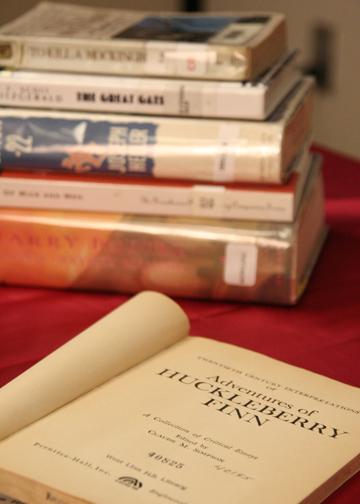In the land of the free and home of the brave, how silly is it that our government finds it necessary to restrict the amount at which our imagination can grow? The act of banning books is something that has been done for hundreds of years, and it shows no signs of ceasing.
Every week or so, new books are added to the blacklist. Some books that have made an appearance, or permanent home on the list include “A Catcher in the Rye,” “To Kill a Mockingbird,” “Catch-22,” “Little Red Riding Hood” and the Harry Potter series. However, some books escape the list with a mere alteration.
Such is the case in recent news. “Huckleberry Finn” by the infamous Mark Twain is being sanitized. The NewSouth Books publishing company suggests that it will replace the “n” word with the politically correct term, slave. This modification comes in perfect timing for the rerelease during the book’s 126-year anniversary.
This “modification” may prove to be savory for some who once avoided the book due to racial intensity. But Twain intended for the novel to have a strength that would push it onto the shelf among the well-known classics. He was an intelligent man who, if he so desired, could have used the word slave in place of the “n” word. However offensive some people may see it, it was something that Twain purposefully did to show the culture during those days.
The book should be left unchanged in the clear, straightforward form that caused the story to become one of the most renowned books in history. NewSouth should leave well enough alone, and instead embrace the changes that literature has undergone in the past century. If we shelter the readers from the version that millions of people have already read, we are depriving a generation from the intelligent growth that is necessary for maturity.




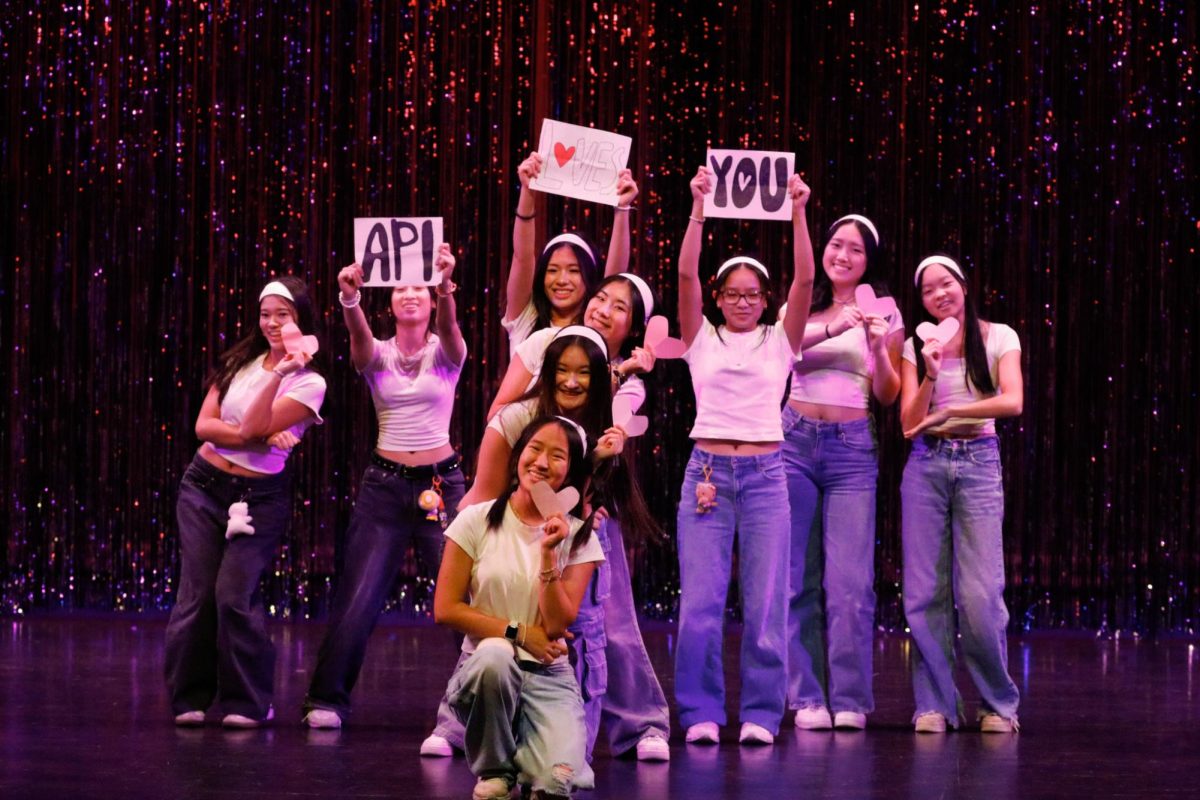



















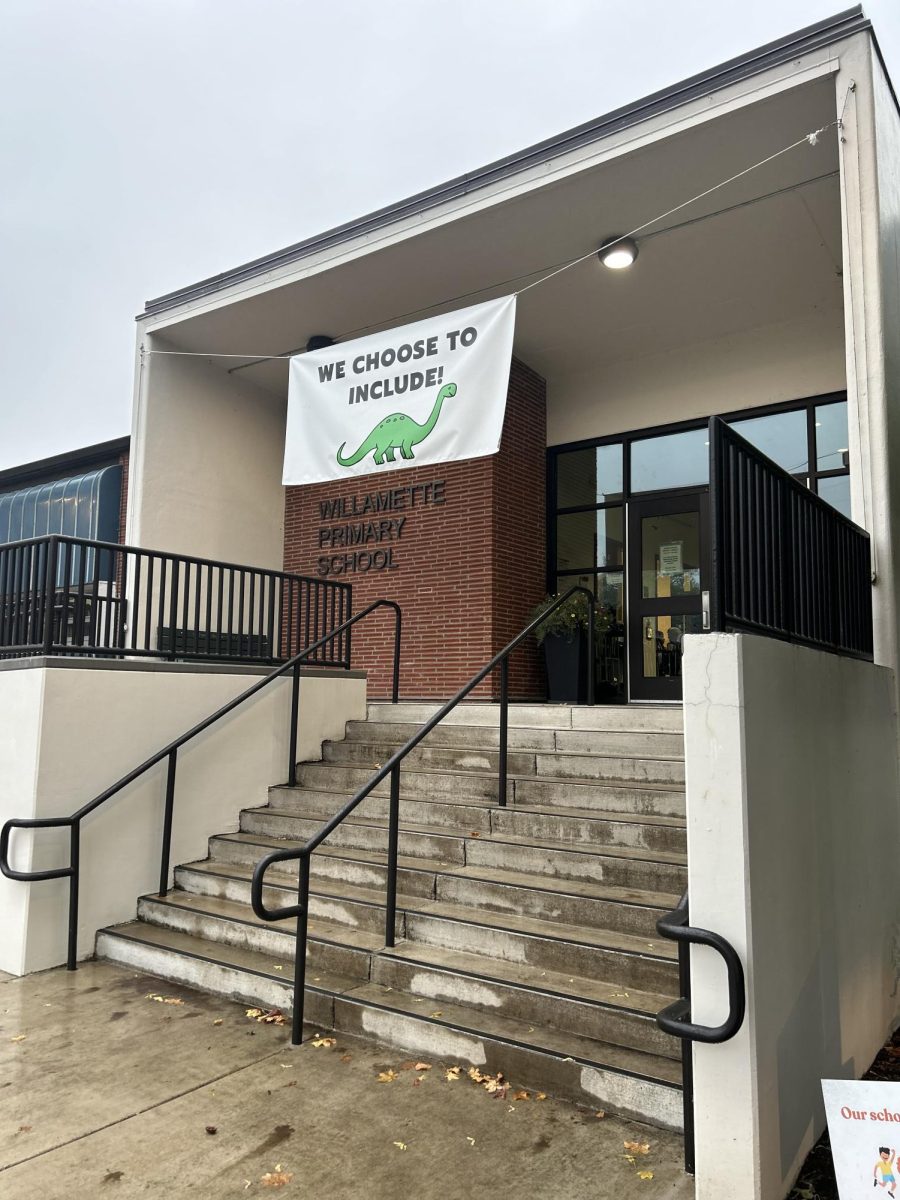


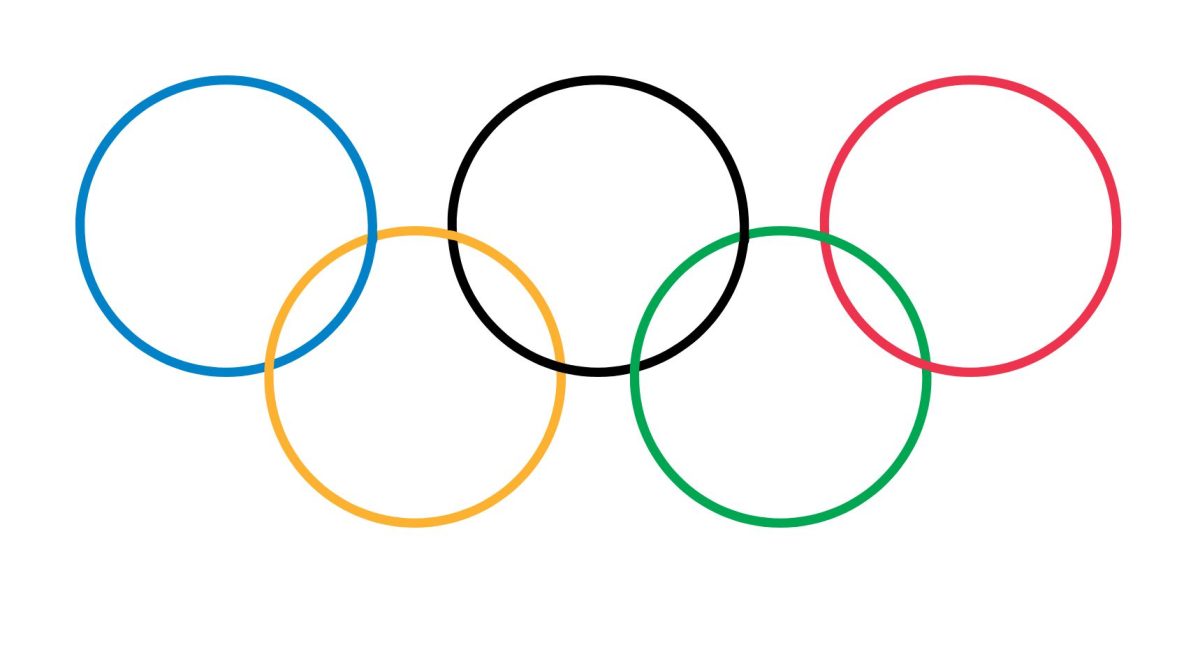





















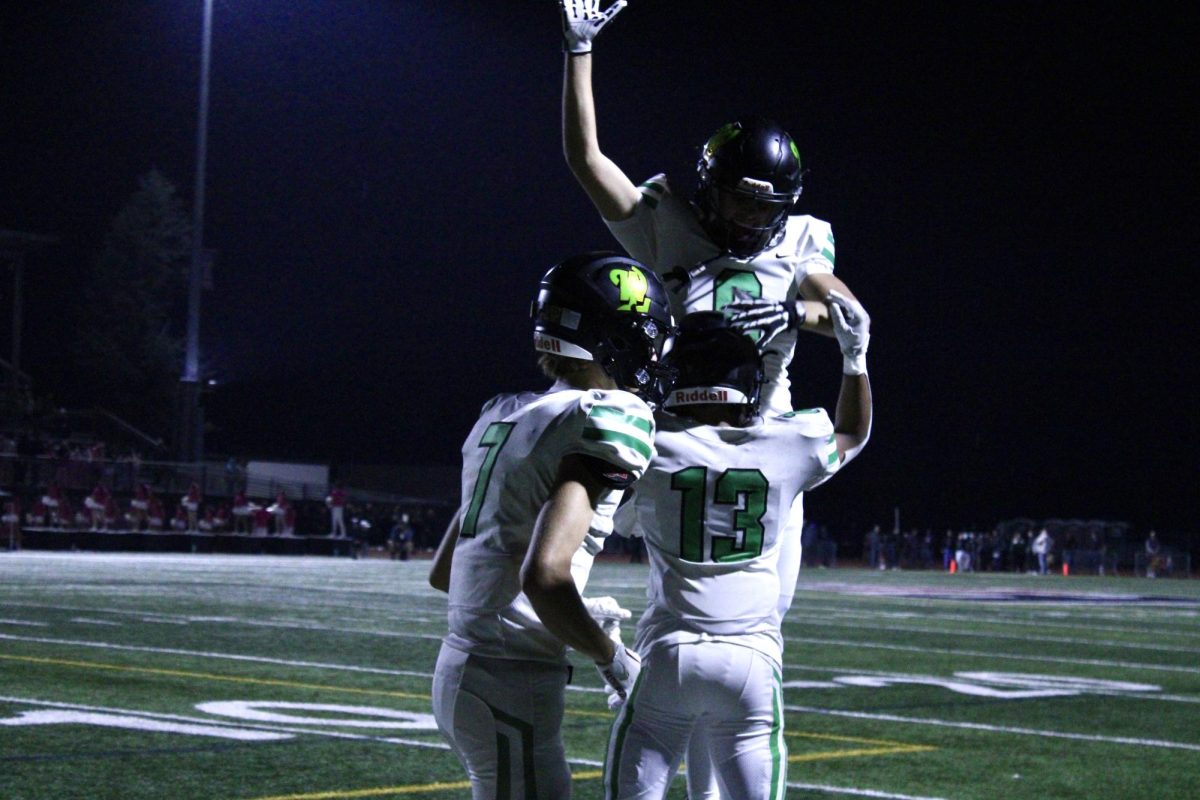












![At the bottom of the third inning, the Lions are still scoreless. Rowe stands at home plate, preparing to bat, while Vandenbrink stands off to the side as the next batter up. Despite having the bases loaded, the team was unable to score any runs. “It’s just the beginning of the season. We’re just going to be playing out best by June, [and] that’s where champions are,” Rowe said.](https://wlhsnow.com/wp-content/uploads/2024/03/IMG_3077-1200x900.jpg)







































![All smiles. The group poses for a photo with last year’s book, “This is Our House,” along with their award for third Best in Show. Meikle, who was an Editor-in-Chief for the yearbook last year as well, holds both and stands at the center of the group. “That was an amazing feeling, going and grabbing the third place award,” Meikle said. “All of it paid off. I cried so much over that book, being able to receive [the award] was one of the highlights of my high school career, it was like the coolest thing ever.”](https://wlhsnow.com/wp-content/uploads/2024/11/8bookpose_philly-1200x800.jpg)













